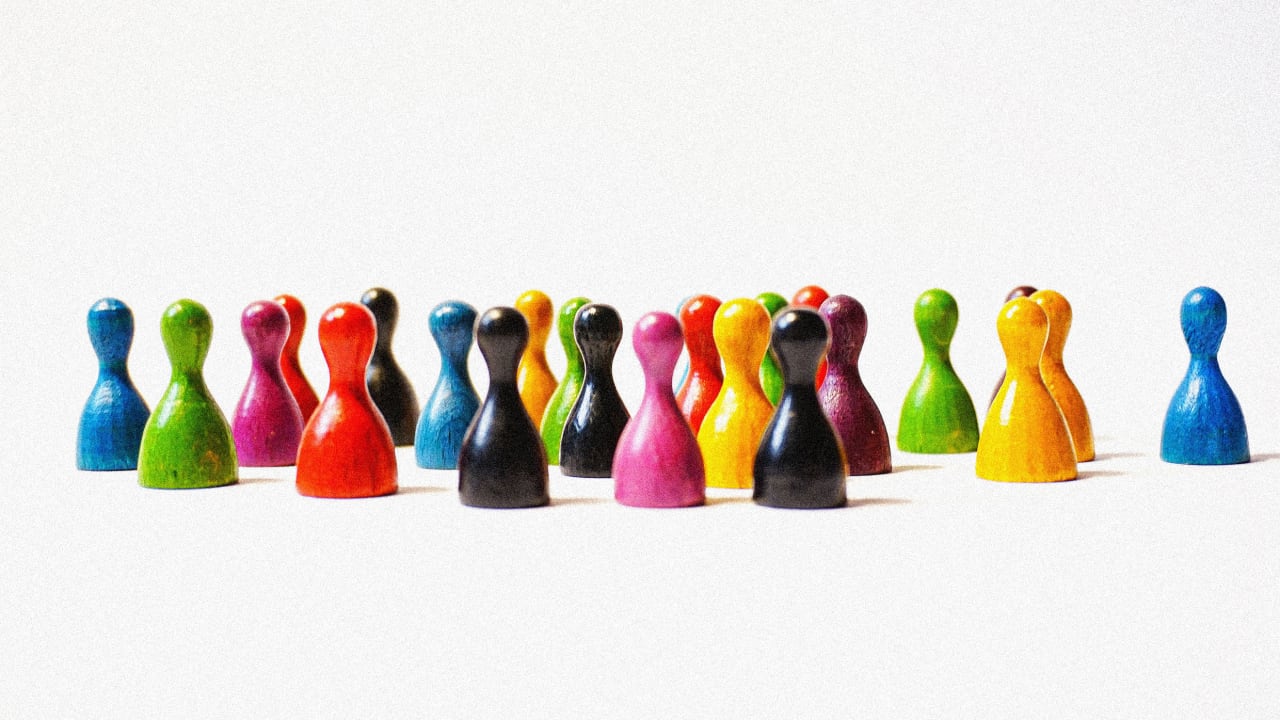U.S. moms are experiencing a sharp decline in mental health
Mothers in the U.S. are facing more widespread mental health struggles. That’s according to a new study published by JAMA Internal Medicine, out this week.The research, which took place from 2016 to 2023, showed mental health declining, as self-reported by respondents. Of the 198,417 female parents of children 17 and under who were surveyed, only 25.8% reported “excellent” mental health in 2023. Just eight years earlier, 38.4% could say the same. Mothers who described their mental health as “good” rose from 18.8% to 26.1%, but so did those who describe it as fair/poor, which went from 5.5% to 8.5%. Mothers reported lower rates of “excellent” physical health, too, which went from 28% to 23.9%. “Good” physical health rose from 24.3% to 28.1%, and “fair/poor” physical health didn’t change significantly.It’s certainly not the first time we’ve heard about parental mental health worsening in recent years. In 2024, U.S. Surgeon General Vivek Murthy published a stark warning on the decline of parental mental health in America. “Forty-one percent of parents say that most days they are so stressed they cannot function, and 48% say that most days their stress is completely overwhelming compared to other adults (20% and 26%, respectively),” Murthy wrote in the study. However, according to the new research, moms’ mental health is declining more than dads’. The mothers who reported “fair/poor” mental health were four percentage points higher than the fathers. Unsurprisingly, the survey showed that when it comes to maternal mental health, socioeconomic factors play a big role. “Mental health declines occurred across all socioeconomic subgroups; however, mental and physical health status was significantly lower for single female parents, those with lower educational attainment, and those with publicly insured children,” the authors noted in the study.Financial struggles are deepening for many demographics. However, parents face issues like rising childcare costs, the growing cost of feeding a family due to inflation and the impact of tariffs, as well as a challenging job market and economic uncertainty. The latest research on the cost of raising a young child is troubling, too, as it has skyrocketed to around $300,000—an increase of 36% since 2023. Likewise, it now takes a salary of about $180,000 per year to comfortably afford childcare, according to a 2025 analysis from the National Women’s Law Center. Those high costs have been driving some parents, most commonly moms, to stay home. However, given that most families need two incomes to get by, they aren’t just child-rearing at home, they’re also working. That means more stay-at-home moms are essentially doing two jobs at once, creating a potential firestorm of stress.

Mothers in the U.S. are facing more widespread mental health struggles. That’s according to a new study published by JAMA Internal Medicine, out this week.
The research, which took place from 2016 to 2023, showed mental health declining, as self-reported by respondents. Of the 198,417 female parents of children 17 and under who were surveyed, only 25.8% reported “excellent” mental health in 2023. Just eight years earlier, 38.4% could say the same. Mothers who described their mental health as “good” rose from 18.8% to 26.1%, but so did those who describe it as fair/poor, which went from 5.5% to 8.5%.
Mothers reported lower rates of “excellent” physical health, too, which went from 28% to 23.9%. “Good” physical health rose from 24.3% to 28.1%, and “fair/poor” physical health didn’t change significantly.
It’s certainly not the first time we’ve heard about parental mental health worsening in recent years. In 2024, U.S. Surgeon General Vivek Murthy published a stark warning on the decline of parental mental health in America. “Forty-one percent of parents say that most days they are so stressed they cannot function, and 48% say that most days their stress is completely overwhelming compared to other adults (20% and 26%, respectively),” Murthy wrote in the study.
However, according to the new research, moms’ mental health is declining more than dads’. The mothers who reported “fair/poor” mental health were four percentage points higher than the fathers.
Unsurprisingly, the survey showed that when it comes to maternal mental health, socioeconomic factors play a big role. “Mental health declines occurred across all socioeconomic subgroups; however, mental and physical health status was significantly lower for single female parents, those with lower educational attainment, and those with publicly insured children,” the authors noted in the study.
Financial struggles are deepening for many demographics. However, parents face issues like rising childcare costs, the growing cost of feeding a family due to inflation and the impact of tariffs, as well as a challenging job market and economic uncertainty. The latest research on the cost of raising a young child is troubling, too, as it has skyrocketed to around $300,000—an increase of 36% since 2023.
Likewise, it now takes a salary of about $180,000 per year to comfortably afford childcare, according to a 2025 analysis from the National Women’s Law Center. Those high costs have been driving some parents, most commonly moms, to stay home. However, given that most families need two incomes to get by, they aren’t just child-rearing at home, they’re also working. That means more stay-at-home moms are essentially doing two jobs at once, creating a potential firestorm of stress.


























































































































































